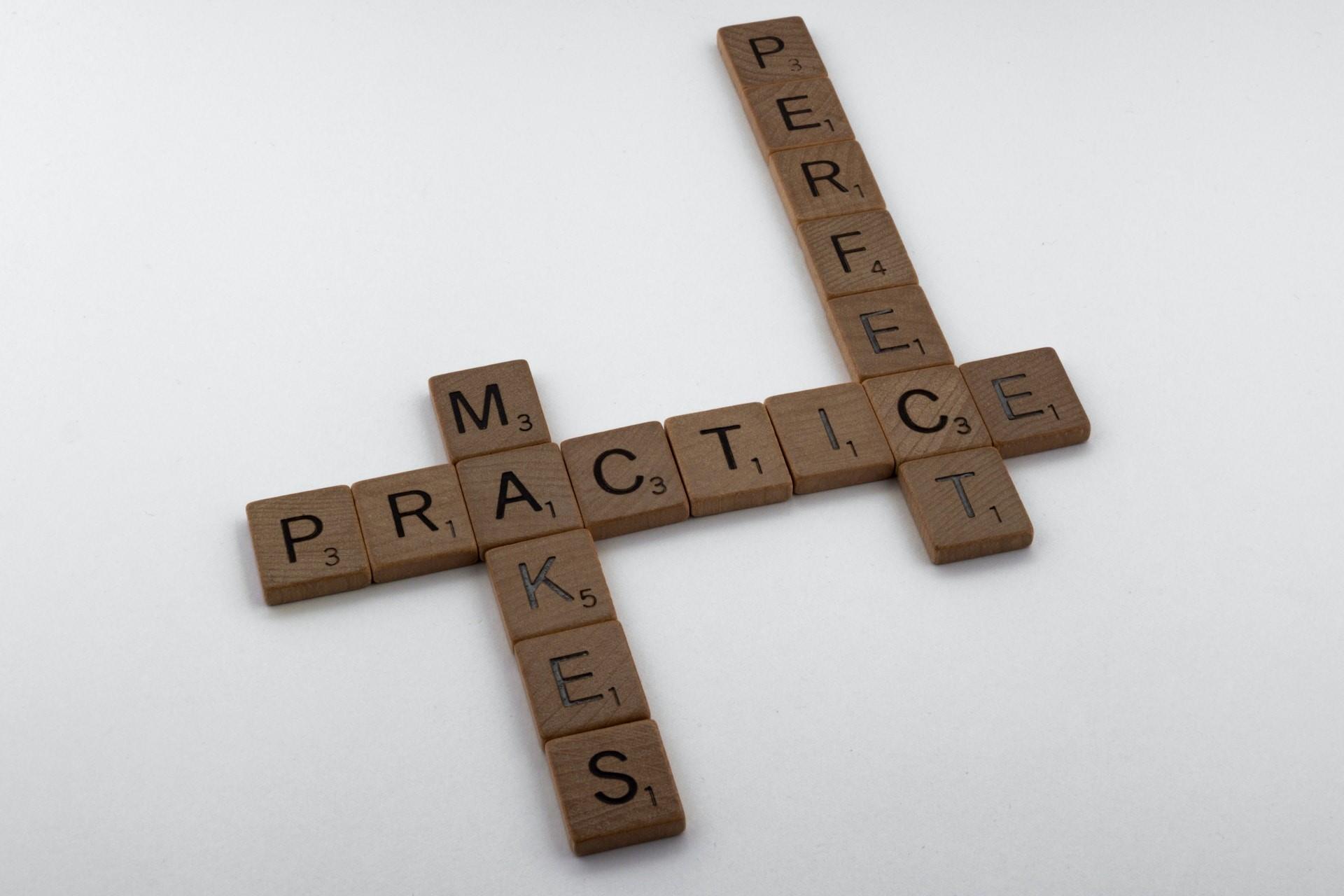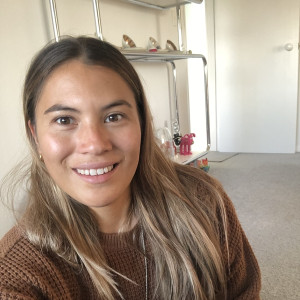There are lots of different ways to learn a language and when it comes to learning te reo Māori, a lot of the same approaches can be applied.
For learning any skill, structured lessons and teaching can form the fundamental foundation, but with languages, it tends to be different solely because speaking languages is something we all learn whether we study or not.
You can also learn a second language using immersion, but it's also quite common for learners, especially older learners, to opt for a structured learning approach that includes lessons.
Beyond lessons, there's also media in the target language like music, TV shows, films, etc. and learners of all ages can enjoy this approach to learning any language, including Māori.
One very popular way to improve language skills is through play and for very young learners, this is an excellent way to teach them without them even realising that they're learning.
Whether you're a teacher or a parent, these are some of our favourite games and apps that can help kids and adults learn the Māori language.

Ako Tahi
Ako Tahi means “learn together” in te reo. This is an app that's available on both the App Store and Google Play.

Firstly, the app is free and can help teach you over a thousand different phrases and while the app isn't an out-and-out game and probably too complicated for very young learners, this could be a good option for older learners interested in basic Māori expressions and phrases.
Since they're on an app instead of in a textbook, the whole experience will feel more like a game than studying.
Drops
Drops is another language-learning app and one of the most popular in the world. The app features a series of word games and while it isn't comprehensive enough to be the only resource you need to learn Māori, making it part of a daily language-learning routine could certainly help.
The idea behind Drops is that you only really need to use the app for 5 minutes a day and it can help boost your vocabulary in your target language.
The Māori version of the app features over 2,000 words for you to learn complete with visuals to help you create visual associations with the vocabulary.
The app is available on both the App Store and the Google Play Store.
He aha tēnei?
This is an app that's dedicated to the Māori language and aimed at very young learners. The name literally means “What is this?” and helps teach children some of the most important te reo vocabulary by simply dragging and dropping.
He haerenga
He haerenga is another app by the people behind the He aha tēnei? app. In this app that's also for younger learners, you can pick different locales like the mountains, the beach, a river, or a farm and drag and drop vocabulary and objects to hear the words in te reo Māori.
Ka Piki
Ka Piki is a free Māori language learning app that features lessons and interactive activities to help you learn the language.
While it does feature Māori lessons for absolute beginners, the structure is slightly better for older kids and adults than very young children like some of the apps we've already seen.
That said, since the app is free, there's no reason you can't try it if you have young children and see if it's right for them.
Kōrerorero
Kōrerorero is an app that was developed by the faculty of Māori and Indigenous Development and the altLAB at Auckland University of Technology.
This app includes lessons and interactive elements to teach you te reo Māori expressions, vocabulary, grammar, and structures.
While there are certainly lessons for beginners, this app is clearly designed with older learners in mind, though teens could probably enjoy the app as well.
Its clean and focused design mightn't be engaging enough for very young learners, though.
Like a lot of the other Māori language apps available, Kōrerorero is also free.
Find out why your child should learn te reo.

Pakiaka
If you're familiar with either Scrabble or Bananagrams, you might enjoy Pakiaka. This is an out-and-out game rather than an app.
The game features a bag filled with wooden tiles with letters on them. You might start to see the similarity to Scrabble, but you'll see that there isn't a board where you can place your tiles.

Rather than placing tiles onto a board to spell words, each player's goal is to create a crossword grid using the letters they have in their hand.
If you're familiar with the game Bananagrams, this game is almost identical. The only major difference between the main way to play Pakiaka and Banagrams is that the tiles in Pakiaka include Māori-specific characters and diacritic marks as well as better ratios of each letter for spelling words in te reo Māori.
Rongo
The Rongo App focuses on helping you to improve your Māori pronunciation. This is particularly good for those who are shy about using the language that they're learning.
For many language learners, shyness might be holding them back from progressing and if you're self-conscious about making mistakes when you speak Māori or would just like more opportunities to practise the pronunciation, this could be the app for you.
Tatau
Tatau is a simple app that helps you learn how to count in Māori. There's not really much more to say about it than that, but if you want to learn how to count in te reo Māori, this is the app for you.
This is another free app, too.
Uiui
The Uiui app is another te reo Māori app from the developer behind Tatau. This is a Māori quiz app that includes different game styles for different levels and skills as well as different skills and vocabulary groups.

Te Aka
While the Te Aka app isn't that much of a game, you should probably install it on your device if you're going to be downloading Māori apps anyway.
Te Aka is a Māori dictionary that features over 24,000 words, English meanings of these terms, and photographs and audio clips for wildlife that's native to Aotearoa/New Zealand.
The app costs a few dollars, but it's a more comprehensive Māori/English dictionary app that you can find for free.
Wharewhare
Wharewhare is a version of the classic “Memory” game but instead of matching identical pairs, you have to match translations to one another.
This game features pairs of English and Māori words and your job is to take turns flipping over face-down tiles to reveal the corresponding pairs.
It's a lovely-looking game and you can pick it up for around $50, but you can always make your own versions of Memory, which will help you create strong associations with the words as you write, cut out, and even draw pictures for each of the tiles you create.
Other Games to Improve Your Māori Language Skills
The easiest way to improve language skills is by using the language. This means that any game that involves communication is a way to get better at te reo Māori as long as you're communicating in Māori.
If you enjoy sports, then playing in teams of Māori speakers or with teams that speak Māori can help a lot.
Don't worry if sports aren't for you. In the digital age, you can also play video games and improve your language skills. You can play video games in person with Māori speakers or find online communities of Māori speakers online. You'll find your language skills improving if you have to communicate in Māori to play.
Even classic games like bingo, Pictionary, 20 Questions, and Hangman can all be played in Māori so whether it's in class, with some friends, or with a private Māori tutor, these games can help you to learn.
Get More Help Learning te reo Māori
Beyond games, it can always help to have somebody to speak Māori with or somebody who can teach you Māori at your pace. If this is what you're looking for, then private Māori tutors are a great option.
On the Superprof website, you can search for Māori tutors where you live or online and choose whichever option works best for you, how you like to learn, and what you need to learn.

With one-on-one tutoring, your Māori tutor can tailor every lesson and activity to you, meaning you're always getting the most effective lessons you can. After all, you wouldn't teach adults the same way you teach children so why would you teach every single student in the same way?
Many of the tutors on Superprof offer the first lesson for free so you can also try a few different tutors out if you're not sure and then pick the one that's right for you.
Summarise with AI:















This was very helpful, thank you